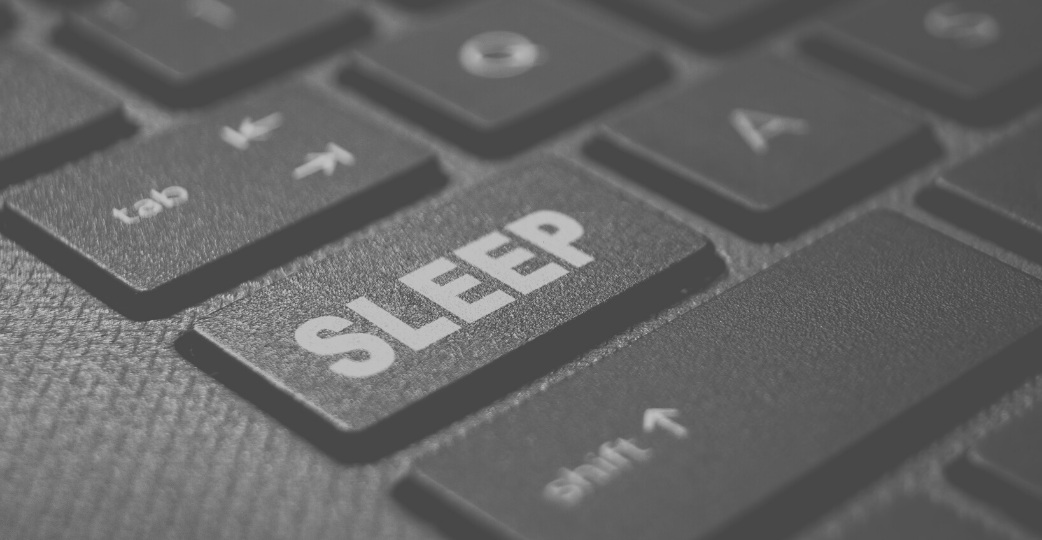
The most important tool we have for recovery is sleep. You need sleep if you want to become a great leader. The research on sleep that we have conducted over the last twenty years has revealed a few critical points.
Here are eight things you need to be doing.
Wake up At THE SAMe TIME
Sleep at the same time each night and wake up at the same time each day.
Sleeping too late (for you) and pushing through the tired late evening feeling is what causes people to wake up at 3 am and have difficulty falling back asleep. The weekend is a good time to do this, otherwise social jet lag can occur.
Bring Some Light to Your Life
After waking, go outside and look at the sunlight.
Turn on artificial lighting once the sun rises if you want to be awake when you wake up before the sun.
View the sun for 10 minutes on a bright, cloudless day; for 20 minutes on a cloudy day; for 30-60 minutes on very overcast days. Consider using an artificial daytime simulator source if you live somewhere with very little light.
For this practice, you shouldn’t wear sunglasses if it’s safe to do so, but contact lenses and glasses are fine.
The sun doesn’t have to be directly in your face, and you should never look at any light that is too bright to view! The sun’s rays will not be able to wake up your circadian clock if you wear a wide-brimmed hat or sunglasses.
Understanding Caffeine’s Effects
If you are going to bed within 8-10 hours, avoid caffeine.
Caffeine, in particular, is a popular ingredient in coffee. However, caffeine may negatively affect our sleep.
Apparently, sleep expert Matt Walker has recommended staying away from caffeine 12-14 hours before going to bed. Our genes and the amount of caffeine we consume play a significant role in the way caffeine affects us. Normally, I try to stop drinking coffee around 2:30 pm.
Take care and stay cool
Layer on blankets that you can remove while sleeping in a cool, darkroom.
If you want to fall and stay asleep, your body temperature must drop by 1-3 degrees. An increase in body temperature causes you to wake up. You should therefore remove your blankets if they are too warm. A cooling device is needed when it is too hot, and that is more difficult than simply removing blankets when it is too hot.
Don’t let the lights shine
During the hours of 10 pm to 4 am, try not to look at bright lights, especially overhead lights.
As a rule, use only the level of artificial light necessary for you to be able to move about at night safely. Even with blue blockers, the lights will still seem dim at night. Your circadian rhythm is negatively affected by bright lights of any colour.
Lights should be dimmed as evening approaches. This will encourage your body to feel sleepy.
Have A Nap, But….
Take no naps during the day, or limit them to 90 minutes.
If you nap more than 90 minutes, sleep pressure is reduced too much and you won’t be able to fall asleep when bedtime comes.
UNDERSTAND YOUR ENERGY IN THE EVENING
One hour before the time you normally go to bed expect to feel awake.
It will make sense to you if you have children. A surge of wakefulness occurs before bedtime, according to sleep researchers. One hour before bedtime, people are expected to feel this way. The time has come to relax before bed!
Don’t Drink Too Much
Sleep is messed up when you drink alcohol.
It’s a known fact that a glass of wine or two helps us sleep, but alcohol negatively impacts sleep. You can contact me and we can arrange an assessment here if you want to know how much it will cost.
Summary
My eight top tips for getting a good night’s sleep. Here’s to hoping they’ll help. Feel free to ask any questions!
Our new performance-enhancing course is coming soon. Drop us a message here to speak to us about it.
Lee
Director and Founder
